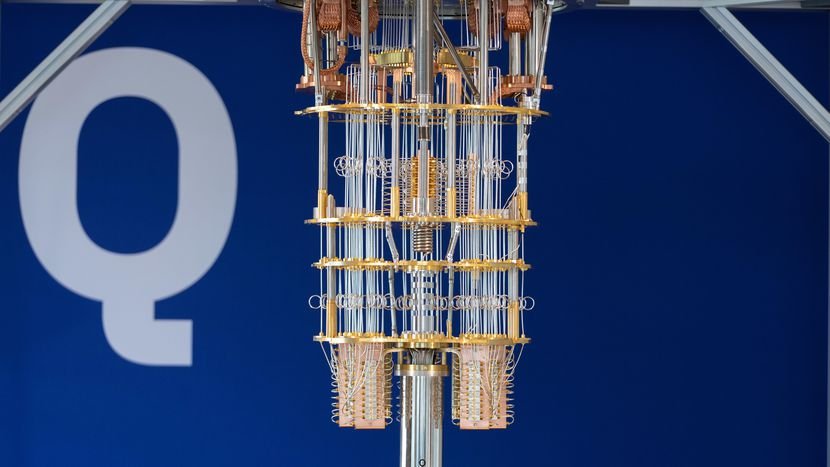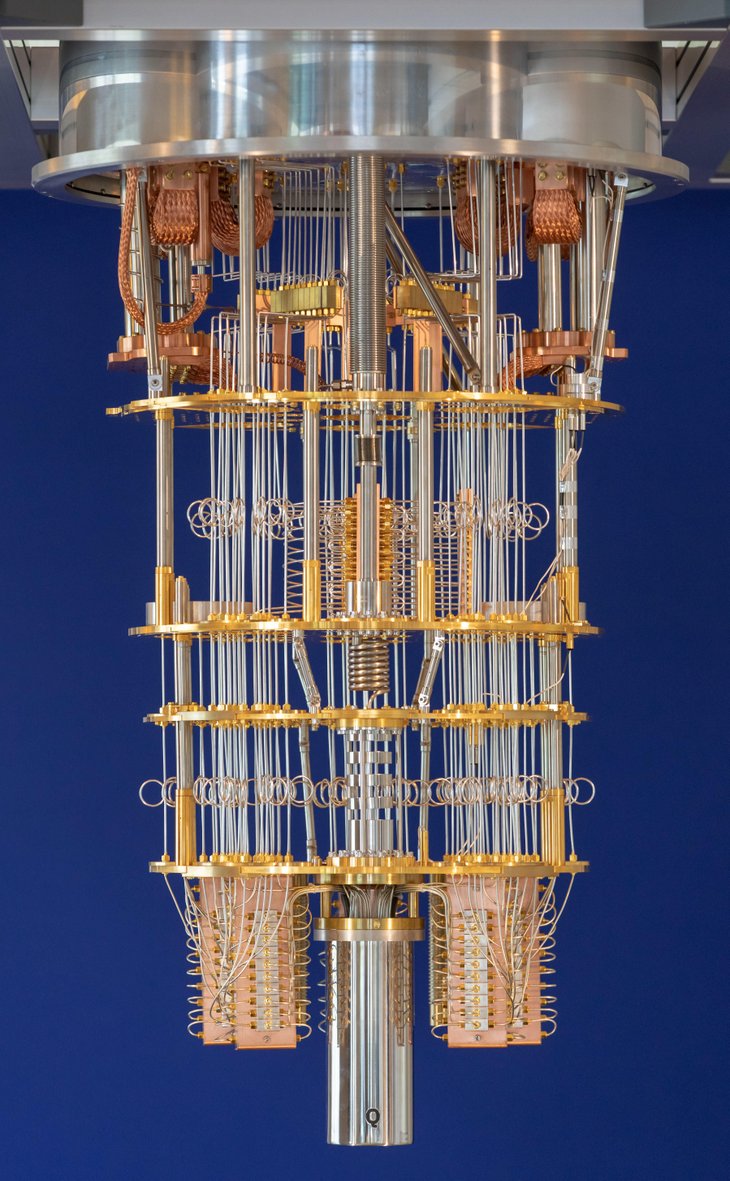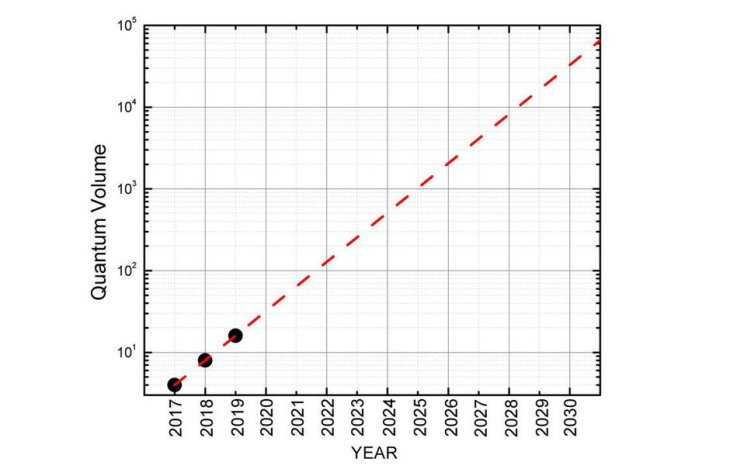IBM Wants To Make Its Quantum Computers Exponential As In Moore's Law
Dhir Acharya - Mar 05, 2019

Quantum computers process data with qubits able which are able to store zeros and ones simultaneously and they look weird.
- IBM And Fujifilm Team Up To Create Magnetic Tape With World-Record 580TB Storage
- IBM Is Developing An AI Suitcase Robot To Guide The Visually Impaired
- IBM's New AI Suitcase Will Help Blind People Travel Freely And Safely
Quantum computers process data with qubits able which are able to store zeros and ones simultaneously and they look weird. But as weird as they may be, that doesn’t mean they can stand out of the innovation to become faster.
Now with its Q System One machine, not only has IBM introduced a new single number to conveniently calibrate a speedometer, but it has also paved the way to the future. The company’s ambition is to double quantum computers’ performance year over year so that they can get to a point where they work faster or more efficiently in a task in comparison with regular computers or even achieve something out of the reach of a classical computer.

IBM's System Q quantum computer
IBM has calibrated the speedometer using a figure named quantum volume which measures both the number of qubits of a computer and the level of usage the computer can get out of infamous unstable qubits. In 2017, quantum computers from IBM reached quantum volume of 4, in 2018 the number increased to 8 and at this time, the figure has gone up to 16 thanks to the Q System One.

The doubling in quantum volume is parallel to Moore’s Law, something Gordon Moore, the co-founder of Intel, observed about the exponential progress happening in conventional computer processors. Moore’s Law has been around for tens of years, but since it’s getting harder and harder to miniature chip circuitry, the law is faltering.
If IBM’s idea is used by other quantum computing firms such as Google, Microsoft, and Rigretti Computing, it can help people have a better understanding of progress in this challenging subject. Otherwise, it still shows us whether or not IBM is crossing milestones to get quantum computing to commercial use.
Researchers Sarah Sheldon and Jay Gambetta of IBM said:

The results were announced at the 2019 American Physical Society March Meeting.
Featured Stories

Gadgets - Jul 21, 2025
COLORFUL Launches iGame Shadow II DDR5 Memory for AMD Ryzen 9000 Series

Gadgets - Jun 23, 2025
COLORFUL SMART 900 AI Mini PC: Compact Power for Content Creation

Review - Jun 18, 2025
Nintendo Switch 2 Review: A Triumphant Evolution Worth the Wait

Gadgets - Jun 18, 2025
Starlink: Why It’s a Big Deal for U.S. Internet in 2025

Gadgets - Jun 17, 2025
How Custom PC Setups Support India's Esports Athletes in Global Competition

Gadgets - Jun 12, 2025
Lava Prowatch Xtreme Launches with Google Fit Integration

Gadgets - Jun 07, 2025
Fujifilm Instax Mini 41 Launches in India: Stylish Instant Camera Now Available...

Mobile - Jun 07, 2025
Realme C73 5G Launches in India: Budget 5G Phone Starts at ₹10,499

Gadgets - Jun 07, 2025
OnePlus 13s Makes Indian Debut: Compact Flagship Brings Premium Features at...

Gadgets - Jun 07, 2025
Comments
Sort by Newest | Popular